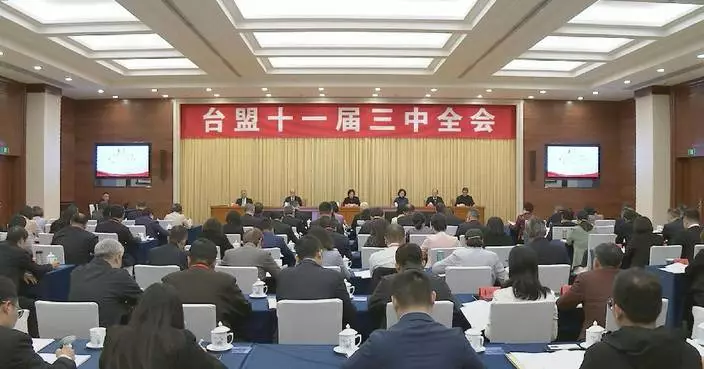The government's frequent rollout of favorable housing policies in south China's economically developed Guangdong Province, including the tech hub of Shenzhen, has sparked a surge in activity across the province, with Shenzhen's second-hand home sales hitting a four-year high in November, and with home buyers in the provincial capital city of Guangzhou enjoying significant savings under new tax measures.
In Shenzhen, enhanced housing incentives, including increased housing provident fund loan limits, have lowered barriers for home purchase and injected vigor and vitality into the housing market.
A local real estate agency reported a two-fold increase in inquiries, visits and transactions since late September when the flurry of policies, including reduced mortgage rates and minimum down payment ratios, were rolled out.
Official data from the Shenzhen Housing and Construction Bureau showed that 7,356 resale homes were sold in November, marking the highest volume in nearly 46 months.
"The frequent release of robust policy measures has reduced transaction costs, restored buyer confidence and brought prices closer to the expectations of home buyers. This has significantly improved market sentiment and boosted purchasing confidence," said Tang Lixia, a member of the Shenzhen Real Estate Intermediary Association.
Meanwhile, Guangzhou's home buyers are benefiting from a new deed tax policy that went into effect on December 1.
Under the policy, buyers of homes measuring no more than 140 square meters per unit can now pay a reduced tax rate of 1 percent, down from 3 percent.
"It saved me 120,000 yuan (16,510 U.S. dollars). I'm so happy. It's like saving the price of a car," said a buyer in the city's Tianhe District.

South China's Guangdong sees surge in home sales thanks to favorable policies









